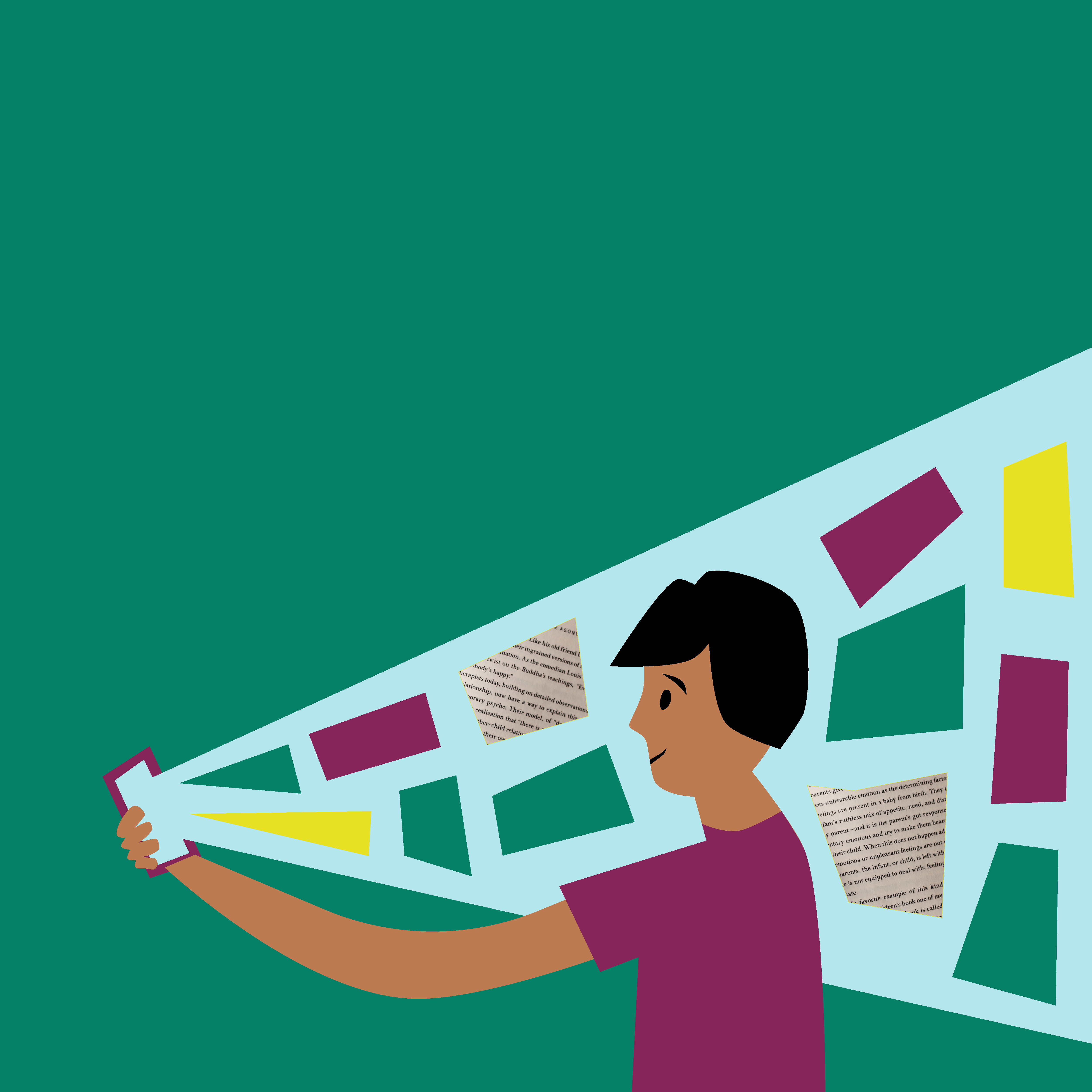Hoopla's Content Problem: Strange, Skewed Results Still Dominate Catalog

Two years ago, Library Futures and Library Freedom Project called for more accountability from Hoopla, a leading provider of ebooks and other digital content to public libraries. At multiple conferences and in private conversations, Hoopla promised to provide librarians more control over their offerings and to employ selection experts in compiling their collections. However, they have continued to overload public library collections. Their catalog is flooded with low quality, unvetted digital materials numbering in the tens of thousands, which skew search results and surface misinformation over quality content.
Hoopla provides library subscribers access to a huge catalog of both traditional publishers and online self-publishers, making libraries pay every time a patron clicks on a book. Its simultaneous use model can make it an attractive option for libraries seeking to provide access to popular materials without long waits. But in trying to offer the most content over quality content, Hoopla serves up an enormous amount of erroneous, low quality information at the top of search results. Top line searches return a plethora of irrelevant, seemingly AI-generated, and even pirated materials that often differ greatly from the choices that librarians make for their communities. As evidenced in the screenshot below, even the suggested searches in Hoopla return surprising results.
 A search for Kristin Hannah ebooks returns four different seemingly AI-generated summaries of The Nightingale.
A search for Kristin Hannah ebooks returns four different seemingly AI-generated summaries of The Nightingale.
The top ten results for homosexuality in WorldCat, which comprises librarian-created records from thousands of libraries, lists as their first option Homosexuality by Cynthia A. Biley, “a collection of essays offering different views on homosexuality in the United States, discussing such topics as military service, gay marriage, and what schools should teach about sexuality” as well as several similar collections; several academic studies of homosexuality; and a 2012 DVD on homosexuality from Southwestern Baptist Theological Seminary.
 Top results for homosexuality include results endorsing conversion therapy, which is outlawed in 23 US states the District of Columbia.
Top results for homosexuality include results endorsing conversion therapy, which is outlawed in 23 US states the District of Columbia.
By contrast, a search for homosexuality in Hoopla’s catalog produces a full page of books such as What the Bible Teaches About Homosexuality: A Response to Revisionist, Pro-LGBTQI+ Theology; Homosexuality Reframed: Growth Beyond Gay; and a book from the self-publishing imprint AuthorHouse called Where Does Homosexuality Come From? that invites readers to “[f]ind out all about the origins of the LGBT world from the primitive creatures and humans who used to walk this world.” It is worth noting that all of these results appear in the first few titles on the search page. Searches for abortion (WorldCat, Hoopla) and vaccines (WorldCat, Hoopla) reveal similar discrepancies: Hoopla’s contains an enormous number of books that promote a particular point of view on many hot-button issues rather than the balanced information libraries are supposed to promote, and they rise to the top of every search.
But Hoopla’s content problems are not limited to nonfiction: the popular writer Colleen Hoover returns a presumably AI-generated text entitled Colleen Hover: The Best Romance Books: Complete Romance Read List as the first result. A search for Bridgerton returns the HarperCollins series by Julia Quinn as the first few results, followed by a semi-related self-published memoir from BookBaby. BookBaby has over 28,000 titles on the site and is just one of many self-publishing sites that Hoopla aggregates, including ebookit.com (2400 titles), AuthorHouse (8732 titles), and many more.
 Warsaw Testament was published by the Chicago Review Press and distributed by IBG. Why does Hoopla’s edition come from BookBaby, a self-publishing service?
Warsaw Testament was published by the Chicago Review Press and distributed by IBG. Why does Hoopla’s edition come from BookBaby, a self-publishing service?
Why does Hoopla offer libraries so much of what our colleague Sarah Lamdan of the American Library Association calls “vendor slurry,” or low quality materials chosen by corporations that do not meet the needs of communities? And why does that content rise so high in the search results? Are patrons searching for bestselling authors looking to read poor quality summaries of their work? Should patrons searching for information on hot-button topics be getting such clearly skewed results?
 Search results for Democrats in Hoopla.
Search results for Democrats in Hoopla.
 Would a librarian point to this as one of the top resources on Democrats?
Would a librarian point to this as one of the top resources on Democrats?
We want to be clear that we are not advocating censorship of materials. Hoopla is free to offer whatever content they want, and libraries are free to select whatever content they feel best fits the needs of their communities. But the key word is select. Hoopla’s model bypasses selection in favor of an all-or-nothing subscription in which you get what you get, and the lack of oversight at the top trickles down to patrons seeking quality information at their libraries. To echo the American Library Association’s recent statement on Hoopla’s choice to apply content filters and ratings, “Best practices in collection development… rely on librarians’ professional judgment concerning the individual needs of the users served by the library.”
Hoopla may want “to empower libraries through the delivery of more engaging patron experiences,” but they should not do so by undercutting the missions of the very libraries they claim to serve. If you’re a library worker who wants to hold Hoopla to account, please sign up here to join a call to discuss strategy.
